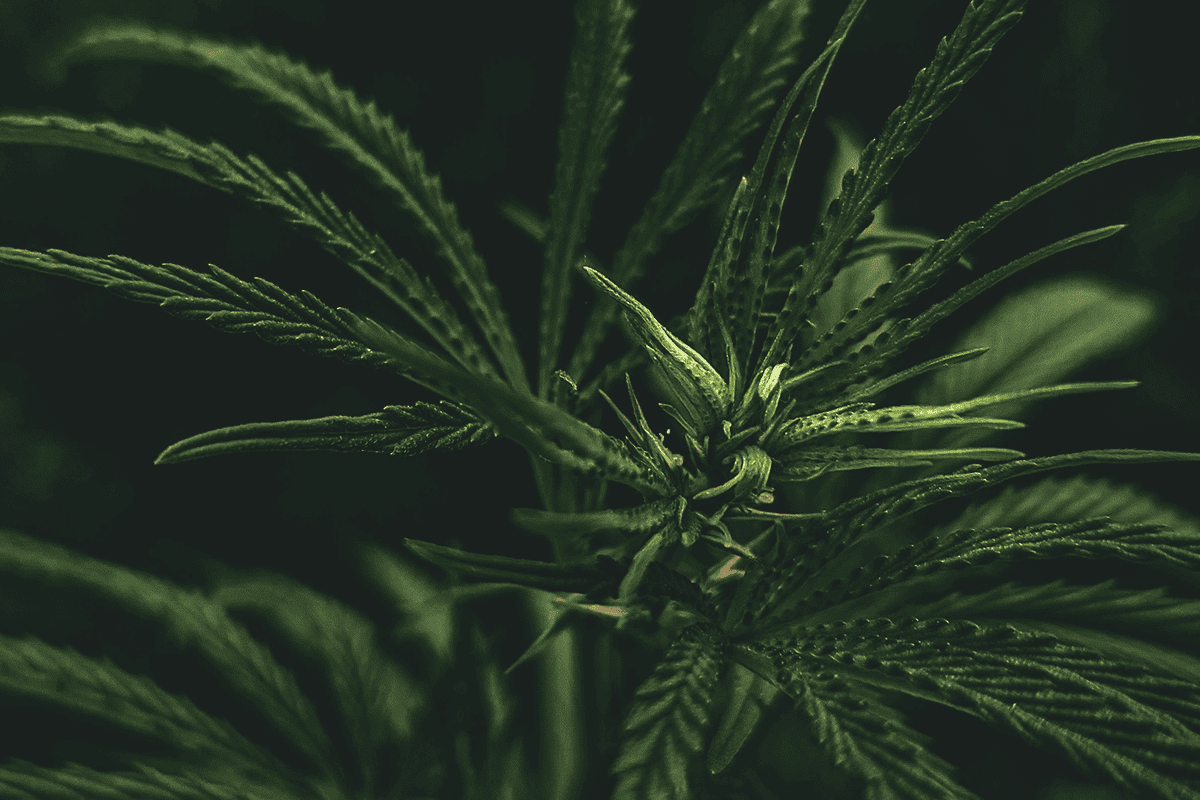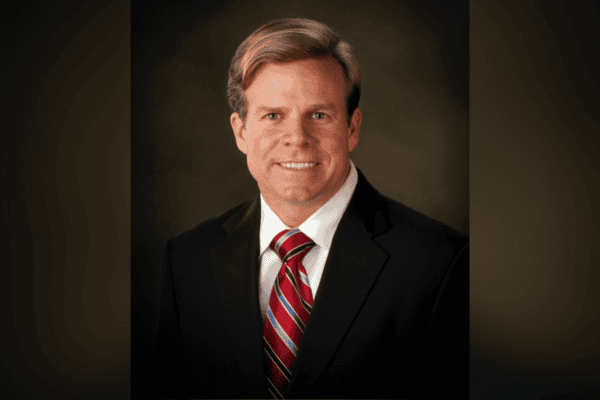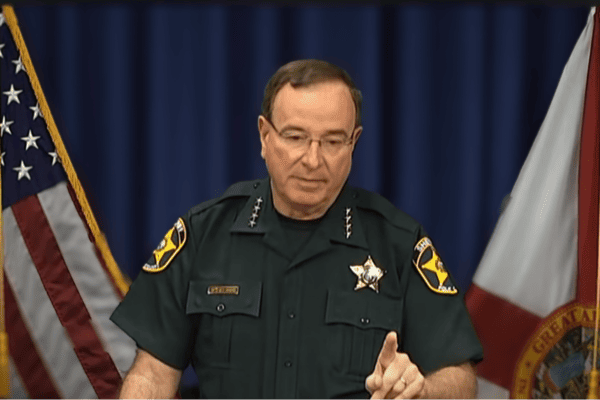Hemp restrictions bill advances through House committee as public pushes back

TALLAHASSEE, Fla. – A bill passed through a fourth House committee stop that would ban delta-8 THC, short for tetrahydrocannabinol, from being sold as “hemp,” along with other regulations on the hemp industry.
The bill revises the definition of “hemp” and makes clear that it not include synthetically or naturally occurring versions of controlled substances, such as delta-8 THC. The bill says products containing these substances could no longer be legally sold as “hemp.”
The bill passed by a vote of 17-12 in the House Appropriations Committee.
HB 1613 is being carried by Rep. Tommy Gregory, R-Lakewood Ranch, in the House.
SB 1698 is being carried by Sen. Colleen Burton, R-Lakeland. The Senate has passed the bill 39-0.
During public comment, members of the public spoke against the bill and said if passed, it would make consumers go to the “black market” and it would cause a “negative” effect on jobs and businesses.
According to the bill’s analysis, this will revise the definition of hemp to specify that hemp extract “may not exceed 0.3 percent total delta-9 THC concentration on a wet-weight basis or may not exceed two milligrams per serving and 10 milligrams per container on a wet-weight basis, whichever is less.”
In 2023, the Florida Legislature passed SB 1676, which specified that hemp extract products are food products that the state can regulate under its food safety regulations.
The law requires any hemp extract that will be distributed and sold in the state to have come from a batch that was processed in a facility that holds a current and valid permit issued by a human health or food safety regulatory entity with authority over the facility.
Hemp extract products are available throughout the state in various forms, such as oils, lotions and gummies. These are only allowed to be distributed if they meet certain requirements.
Currently, hemp extract products may not be sold to people under 21.
The bill also revises the definition of “attractive to children” to expand the types of hemp products under the definition.
The Senate amended the bill text to say “attractive to children” means manufactured in the “shape of or packaged in containers displaying humans, cartoons, or animals, toys, or other features that target children.”
A second amendment passed by the Senate that said for the 2024-2025 fiscal year, the sum of $2 million in nonrecurring funds “is appropriated from the General Revenue Fund to the Department of Law Enforcement for the purchase of testing equipment necessary to implement this act.”
During the committee stop, Gregory said there is “still time” to amend the bill after hearing push back from both members of the public and committee members.
Gregory noted the product in question is “not the same product as marijuana.”
“I think you’re going to hear some discussion and perhaps you already have behind the scenes, heard that this is some kind of industry food fight… I do not believe it to be the case because they are quite different products,” Gregory said.
Gregory was asked about the impact on small businesses.
“I can confirm it’s certainly going to impact their businesses. To what extent – we will have to have them address it…” Gregory said.
During public comment, Carolynn Zonia, an emergency room physician, spoke in favor of the bill.
“These limits will protect a child with an accidental ingestion from suffering a life-threatening toxic exposure,” she said.
Glen Sheppard, representing Tallulah Smoke Shop, spoke against the bill and said the shop has $100,000 of products that will be “thrown out the door” due to the bill.
“I want to remind everybody that what we’re banning here are things that are federally legal,” Sheppard said.
Owner of Arvida Labs, Cody Albano, spoke against the bill and said if it passes, he will have to relocate his company and his 70 employees.
“Please allow the industry to take on expert opinions and agree on rules without killing the entire industry, please vote no,” Albano said.
Rep. James Mooney, R-Key Largo, said he is a “no” on the bill, is “concerned” about jobs and would like to see an amendment. He also said both he and his mother use CBDs.
“It’s not about the caps, I think you’ve heard plenty of testimony that the caps can find a happy level somewhere. I like to think that that’s what’s going to happen […] I do have concern with that $2 million for police, I think, better spent obviously on the other side,” Mooney said.
Rep. Ralph Massullo, R-Lecanto, said he would support the bill, but said this is a “complicated issue.”
“We have to change our business model from time to time to time, and this particular industry is just progressing quickly, and I think that we’re not here to put anybody out of business, but we’re here to keep our public safe,” Mooney said.
In closing, Gregory said there’s “still time to amend the bill,” and that lawmakers are “still reviewing.”
“I will continue to listen both to opponents of the bill and to my colleagues as we move forward here today,” Gregory said.



